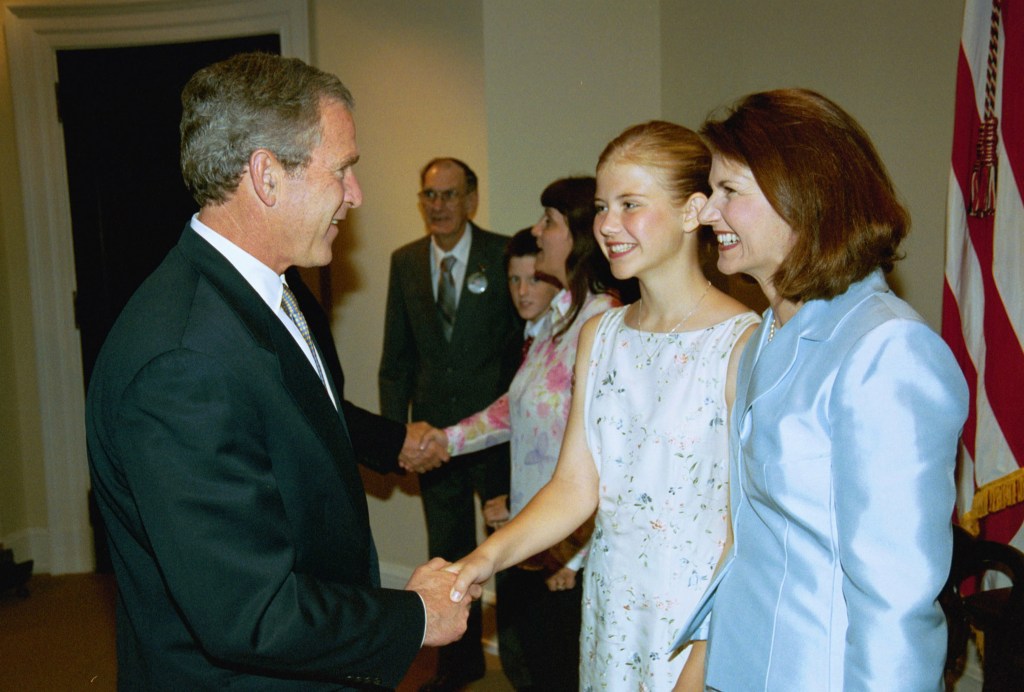🔴 Website 👉 https://u-s-news.com/
Telegram 👉 https://t.me/usnewscom_channel
In the fight against human trafficking, awareness without action is worse than ignorance — it’s abandoning victims’ hope.
As a survivor of abduction and sexual violence, I understand the critical importance of immediate intervention.
My nine months in captivity taught me how trauma narrows one’s world to moments where help either arrives — or doesn’t.
I see our nation’s response to trafficking caught between progress and stagnation, creating a dangerous reality: Victims remain trapped while we merely talk about their shadows.
Nowhere is this disconnect more evident than in our National Human Trafficking Hotline.
Established and funded by the Department of Health and Human Services, this toll-free, 24/7 service should be our most powerful weapon against trafficking — the critical bridge connecting awareness to intervention.
The Polaris Project has operated the hotline since 2007 with millions of dollars in federal funding — and could be about to get millions more.
I deeply appreciate the many dedicated individuals who work at the hotline with genuine intentions to help vulnerable populations. These professionals deserve recognition for showing up each day, committed to making a difference in the lives of trafficking survivors.
Yet despite these good intentions, the system itself often fails to deliver on its promise.
Forty-one state attorneys general sent HHS a letter this month noting critical tips from the hotline aren’t reaching law enforcement in time — with some reports delayed by months, rendering intervention impossible.
For victims who gather the courage to call, wait times can stretch to an average of 30 minutes or longer, an unconscionable delay when every minute increases danger.
Perhaps most troubling is the lack of transparency — the hotline provides little public data about its operations, response times or outcomes, making accountability nearly impossible.
These systemic failures translate directly into human suffering — traumas extended, exploitation prolonged and lives irrevocably altered.
While technology has transformed both trafficking methods and our potential response capabilities since the hotline’s 2007 establishment, our national infrastructure remains anchored in approaches that haven’t kept pace with modern threats. The gap between what’s possible and what’s being done widens daily.
An effective anti-trafficking response demands one quality above all others: immediacy.
When reports languish instead of reaching law enforcement, when survivors face extended hold times instead of compassionate support, the system betrays its fundamental purpose.
With today’s technology, there’s no excuse for these delays — delays that survivors understand are measured not in minutes but in missed opportunities for freedom.
The $5 million in annual taxpayer funding makes this more than an organizational challenge — it’s a public accountability issue with real consequences.
When the hotline fails to efficiently relay critical information to law enforcement and prosecutors, the federal-state partnership designed to combat trafficking breaks down.
Tips that should trigger immediate intervention instead languish in digital limbo, effectively shielding traffickers while abandoning their victims.
What was created to be a crucial lifeline has instead become yet another institutional barrier that survivors must somehow navigate while in crisis.
As a survivor and advocate, I can no longer in good conscience recommend the hotline in its current form to those seeking immediate help.
I’ve heard disturbing accounts of 20-year-old victims being denied services due to age despite being in high school and hotline administrators blocking reports of active minor-trafficking situations.
These aren’t mere anecdotes — they represent system-wide patterns that demand urgent correction.
When I speak about trafficking prevention, people invariably ask what they should do if they spot something suspicious. Their eyes reflect genuine concern and an earnest desire to help.
Yet the current reality — call a hotline that may not effectively process information — falls short of what these good Samaritans and the victims they hope to help deserve. They deserve a system worthy of their compassion.
Congress and many states have worked to ensure the hotline’s information is widely disseminated, recognizing its critical importance in identifying traffickers and liberating victims.
Yet evidence suggests the system is shifting away from this vital reporting function toward focusing exclusively on survivor services. We must reaffirm the importance of both missions while demanding greater transparency about operations, wait times and outcomes.
Let’s honor the courage of those who seek and offer help by transforming this lifeline. With May 2 the HHS deadline to apply for hotline funding, now is the perfect moment.
I believe in our capacity to create systems that work — ones that honor both the dedicated professionals who staff the hotline and the vulnerable individuals they aim to serve.
Our trafficking victims deserve a response system that treats every call, every tip, every desperate plea as the emergency it truly is.
Elizabeth Smart is a child-safety activist and founder of the Elizabeth Smart Foundation.
